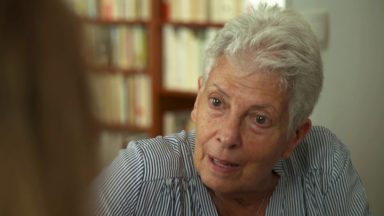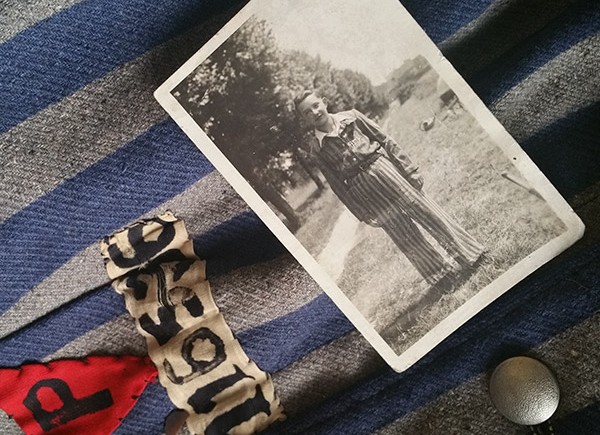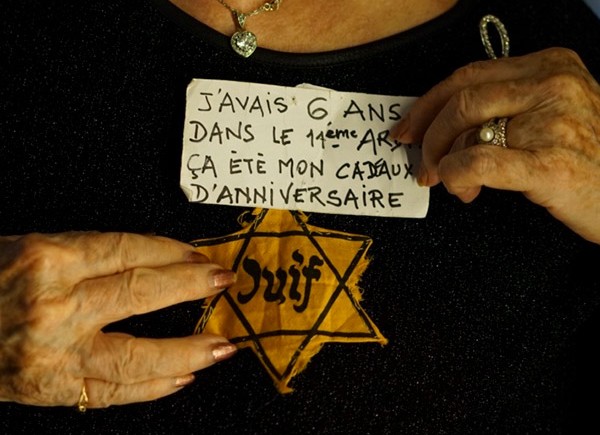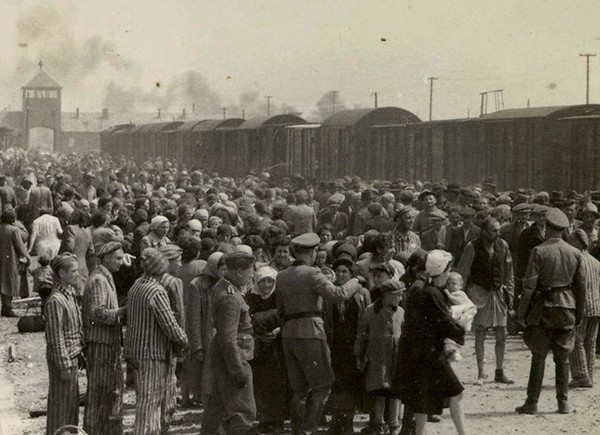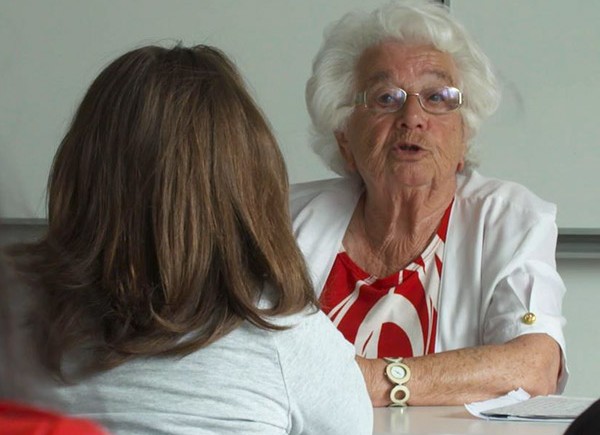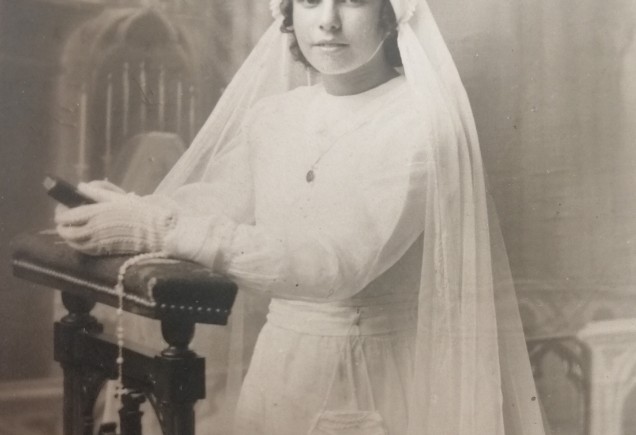
Henri
Henri Zajdenwergier
Henri's life began tragically. Born in Nancy in 1927 to Polish parents, he never knew his mother, who died a few days after his birth due to complications. As an only child, he was raised by his father, who was very young at the time, and his grandmother, who was like a mother to him.
When the war broke out, they were evacuated to Angoulême (central west France) where Henri was first arrested in October 1942, along with thirteen members of his family, in what was later called the "little Vel d'hiv round-up". Four hundred twenty-two Jews were locked up for several days in the town's philharmonic hall. Along with a few other French Jews, he was eventually released. However, he was never to see his family again, as they had been deported on convoy 40. Henri found refuge with a friend of his father’s, who had promised to take him in if anything happened to him. He spent a year there, before being arrested again in the center of town, where in front of everyone he was made to pull down his pants to show whether or not he was Jewish.
He was deported on convoy 73, a special convoy, the only one to go to the Baltic States. Of the 878 men who left for Latvia then Estonia, only 22 returned.
As of today, Henri is the only survivor of this convoy. Faced with the descendants of his "brothers in misfortune", as he calls them, he sometimes suffers from survivor’s guilt. So, even when he feels too tired to do so, he forces himself to speak about his experiences to alert the younger generations. In his view, the main danger lies in the fact that history repeats itself, but in a slightly different way each time. The challenge is to not overlook the threat in disguise.
More info on Henri Zajdenwergier


